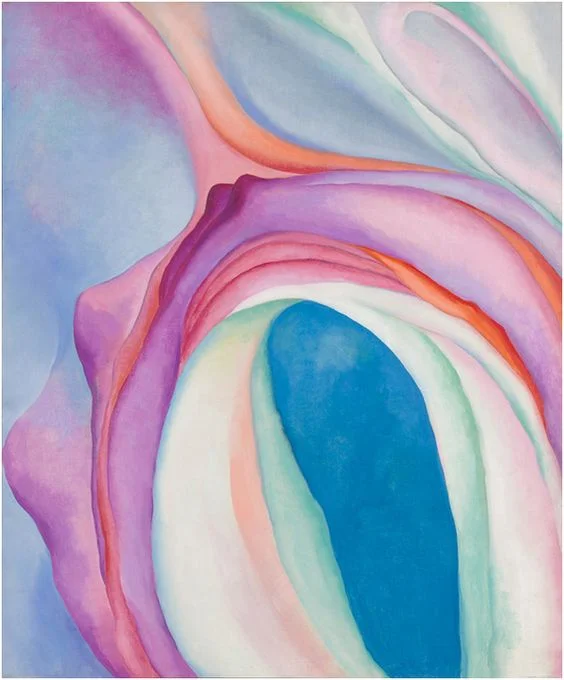The Divine Feminine: Mac Miller
“The Divine Feminine? What does that mean, the woman is God?”
The recent passing of Mac Miller devastated many, leaving his music solely as a reminder of his talents. Unfortunately, Miller passed before his 27th birthday--the infamous year regarded as the '27 club.' The '27 club' includes artists, actors, and musicians who passed away in their 27 years.
Miller lived a short yet influential life, experiencing vast personal growth and understanding. He showcases the various personas and perspectives through the different surnames he appropriates on his albums. Likewise, Miller portrays his vulnerable side in The Divine Feminine, exploring the feminine qualities he admires and embodies.
Smooth tones and personal lyrics embellish the album. This musical style reflects his feminine muse discussed on the album. This music also embraces the femininity within himself, transcending the strict gender lines. The album as a collection of works undeniably celebrates the expression of femininity.
Conversely, the male-dominated rap industry highly regards Miller's career. In an interview with The Breakfast Club, Charlamagne asks Miller the meaning of his album as he poses the question, "The Divine Feminine? What does that mean, the woman is God?" This exchange and Miller's album predated long-time girlfriend Ariana Grande's song "God is a Woman." However, Miller's work is undeniably reminiscent of his muse Grande. Later the singer created her album Sweetener. In a similar vein, it is centered around women's empowerment and feminine sexuality. Femininity preaches equality rather than superiority across genders, evident in Miller and Grande's professional and personal relationship.
by Georgia O’Keeffe
Women who have fearlessly owned their femininity garnered success in male-dominated fields. Historically and presently, women are reclaiming their femininity through their art. Similarly, artist Georgia O'Keeffe claims her femininity, depicting female genitalia disguised into her paintings. O'Keeffe renders the world in an organic rather than hyper-sexualized manner. In O'Keeffe's work, women and their bodies are inherently tied to the mysticism and divinity of life as bearers and nurturers.
Exploring one's femininity is not limited to the confines of their gender orientation. Witnessed within Miller's work, all individuals may embody these feminine attributes. Additionally, Miller appreciates the femininity of his artistic muse Grande, who similarly celebrates these qualities. Historically, O'Keeffe embraces feminine expression in the art world and is presently appreciated by Miller and Grande's music. This art and music serve as a reminder to share a similarly profound and divine appreciation for femininity in all of us.
Written in collaboration with Apolline Arnaud


